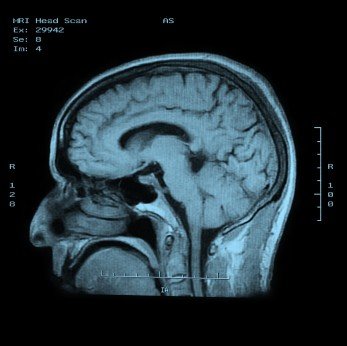One of the most difficult tasks as an investor can be to buy and hold stocks for the long-term in spite of short-term losses. However, this tendency could possibly be the result of neurology and the brain’s complex decision making process. The Wall Street Journal reports on a recent study that shows how a healthy brain has less willpower for long-term investment than a damaged one:
Perhaps this is inevitable. It turns out that short-term thinking is deeply embedded in the workings of the human brain. New research suggests that in order to avoid trading your accounts to death, you must counteract some of the very tendencies that make Homo sapiens the most intelligent of all species.
In the new study, the researchers wanted to see how the frontopolar cortex contributes to predicting rewards. So they compared people with damage to the frontopolar cortex against two control groups of healthy people and those with injuries elsewhere in the brain (but not the frontopolar cortex).
The neuroscientists found that the two control groups tended to make their next bet based largely on how much a slot machine had paid off on the two most recent bets.
Almost as soon as the pattern of payoffs appeared to change, the participants in the control groups dumped one slot machine and jumped to the next. Although they did take longer-term results partly into account, “the healthy subjects appeared to be extrapolating their most recent experience into the future and choosing predominantly on that basis,” says Nathaniel Daw, a neuroscience professor at NYU who helped conduct the study.
The people with damage to the frontopolar cortex, however, “based their choices primarily on the cumulative reward history, not on the changes in the most recent outcomes,” he says.
When confronted with the unpredictable, however, the frontopolar cortex refuses to admit defeat. It draws on all your computational abilities to search for patterns in random data.
In the absence of real patterns, it will detect illusory ones. And it will prompt you to act on them.
No wonder so many investors find it hard to muster the willpower to buy and hold a handful of investments for years at a time.








